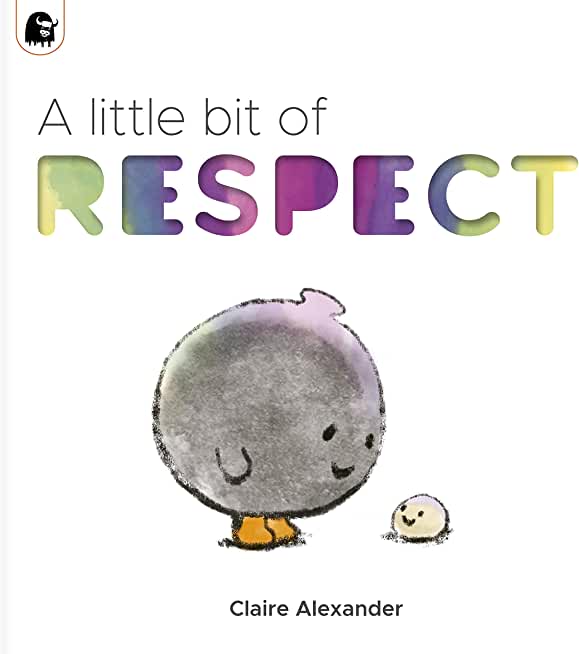
Schiele, Jerome H.
product information
description
ding scholars in the social work discipline, the second edition of Social Welfare Policy: Regulation and Resistance among People of Color examines how American social welfare policies, both historical and current, have sought to control the lives of marginalized populations. The chapters also explore how people of color have organized to critique and resist the racial control aspects of these policies.
Each of the book's four parts are devoted to the major groups of color in the United States: Native American or First Nation peoples; Hispanic or Latino/Latina Americans; Asian Pacific Americans; and African Americans. Contributors highlight how oppressive or racially regulatory social welfare policies have affected education systems, child protective services, spiritual and religious practices, immigration laws, incarceration rates, and foster care and adoption services. Readers learn how specific groups have countered these policies through collective resistance, advocacy for alternative policies, civil and political participation, and more.
The second edition of Social Welfare Policy includes new contributions that explore social welfare policies currently in play in the United States, as well as material that reflects the country's current political and social climate.
Each of the book's four parts are devoted to the major groups of color in the United States: Native American or First Nation peoples; Hispanic or Latino/Latina Americans; Asian Pacific Americans; and African Americans. Contributors highlight how oppressive or racially regulatory social welfare policies have affected education systems, child protective services, spiritual and religious practices, immigration laws, incarceration rates, and foster care and adoption services. Readers learn how specific groups have countered these policies through collective resistance, advocacy for alternative policies, civil and political participation, and more.
The second edition of Social Welfare Policy includes new contributions that explore social welfare policies currently in play in the United States, as well as material that reflects the country's current political and social climate.
Jerome H. Schiele is a professor and chair of the Ph.D. Department in the School of Social Work at Morgan State University. He holds master's and doctoral degrees from Howard University. Dr. Schiele's research focuses on social policy analysis, racial oppression, and cultural diversity/competence. Dr. Schiele has published numerous scholarly articles, essays, and book chapters, and he is the author of Human Services and the Afrocentric Paradigm, editor of the first edition of Social Welfare Policy: Regulation and Resistance among People of Color, and coauthor with Phyllis Day of A New History of Social Welfare, 7th edition.
member goods
No member items were found under this heading.
Return Policy
All sales are final
Shipping
No special shipping considerations available.
Shipping fees determined at checkout.







